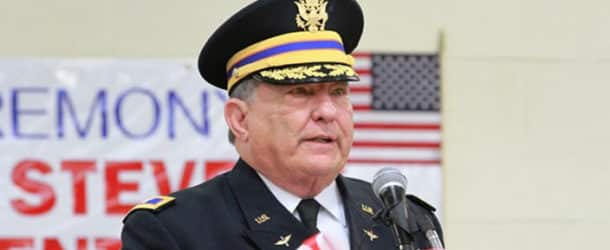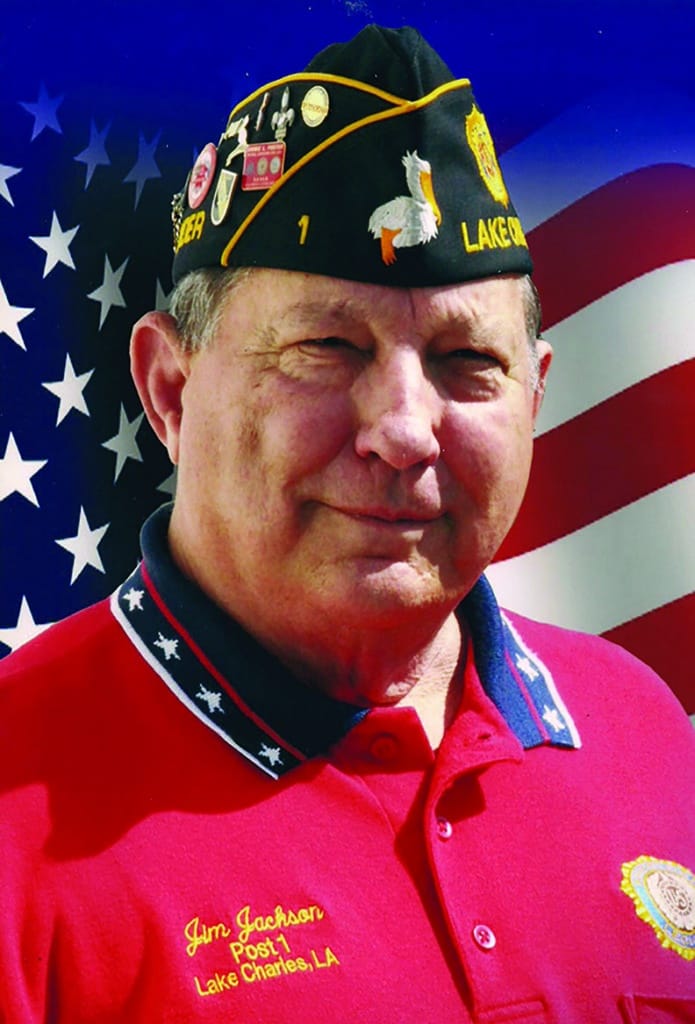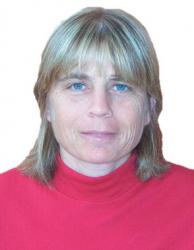Local Veteran Jim Jackson Has Dedicated Himself To Helping Others
By Karla Wall
Retired Army Col. and Vietnam veteran Jim Jackson has devoted much of his post-military life to helping the state’s veterans deal with the many struggles they face in integrating back into a civilian society.
These are struggles Jackson understands very well. The Lake Charles native graduated Lake Charles High School in 1959. He enlisted in the Army in 1960, and quickly found that he enjoyed the structure, discipline and camaraderie of military life. He was sent to Vietnam, as a helicopter pilot with the Delta Force, tasked with placing troops in the jungle and retrieving them after their missions.
He remained on active duty for 28 years, including returning to Vietnam for two more tours.
After retiring from the military, Jackson found that he “just couldn’t stand having nothing to do.” At the invitation of a friend, he began teaching classes for Federal Aviation Administration inspectors in Oklahoma City.
Retiring from that position, he and his wife returned to Lake Charles, where he became active in the local American Legion, helping local veterans, many of whom are struggling personally, socially and financially.
“People don’t understand the stresses of being in combat — of being under attack. People who’ve been in combat look at things differently,” Jackson says. “When you come home, you don’t fit in; you don’t deal with people very well.”
That makes it difficult, if not impossible, he says, to take on the often overwhelming task of filling out paperwork, and dealing with beaurocracy.
“You’re limited in what you can do,” he says.
Through his work with American Legion — he’s the commander of the local W.B. Williamson Post 1, located on 9th St. in Lake Charles, and is also vice commander of the state American Legion organization — Jackson helps veterans deal with the paperwork and phone calls, helps them identify sources of aid available to them, and even helps with drug and alcohol addiction rehab.
“I would say that over 80 percent of our veterans have a drug or alcohol addiction problem,” he says. “We work to house them, feed them, get them medical aid. Whatever the problem is, we help them fix it.”
Jackson says he deals with homeless veterans on a daily basis, and those in legal trouble.
“Our veterans many times step outside the legal boundaries,” he says. “Often, it’s drug related.”
Jackson and the local American Legion provide help in that situation, as well.
“We have a program that allows veterans who break the law to go to court, plead guilty, and instead of going to jail, participate in a program where they receive help. They wear ankle bracelets (such as those placed on parole wear), and they’re drug tested once a week. The program lasts two years, and it’s in six-month stages, each stage a little more difficult than the last.”
Veterans in the program are assigned to a counselor, if you will, whom he can contact 24/7.
Seven veterans are in the program now, Jackson says.
“We hope to make the program statewide,” he says. “It’s just a matter of getting law enforcement and the courts on board.”
Jackson was also instrumental in the formation of Veteran’s Memorial Park on the lakefront, and serves as vice chair of the Veteran’s Memorial Park Commission, which raised $250,000 to build the park. Jackson takes justifiable pride in the park, and talks of driving by the park one day and finding a family looking at the names on the bricks. He stopped to talk with them, and ended up staying an hour, he says, answering questions about the park and the soldiers it honors. He says there are plans to enhance the park, including the addition of a memorial wall.
Jackson also serves on the Lake Charles Mayor’s Armed Forces Commission, and has played a major role in finally bringing a Veterans Administration community outreach clinic to Lake Charles. The long-awaited clinic should begin seeing patients in August, he says.
The opening of the clinic is the result of a long struggle filled with delays, and, Jackson says, it’s indicative of a major problem with the VA, particularly its healthcare system.
“I recently went to the VA clinic in Alexandria, and waited to get a questionnaire to fill out, then waited some more, then talked to an LPN, then went back outside to wait some more, then finally was called in to see the doctor, then waited some more for the doctor to come in. And I’m vice chair of the state American Legion; imagine what it’s like for the average patient. You can’t treat veterans that way. The system’s broken. It needs to be streamlined to make going to the VA clinic just like going to a regular doctor.”
What he’d really like to see, says Jackson, is a system that, like Medicare, allows the veteran to see a doctor of his choice and have the bill covered.
Jackson works one-on-one with veterans on a daily basis to help them — with everything from paperwork and filing claims to getting help for addiction to finding a job. He works through local and state veterans’ organizations to get help for them. And he says he’ll continue the fight.
“We need to keep asking ourselves what we can do for our veterans,” he says.

















Comments are closed.